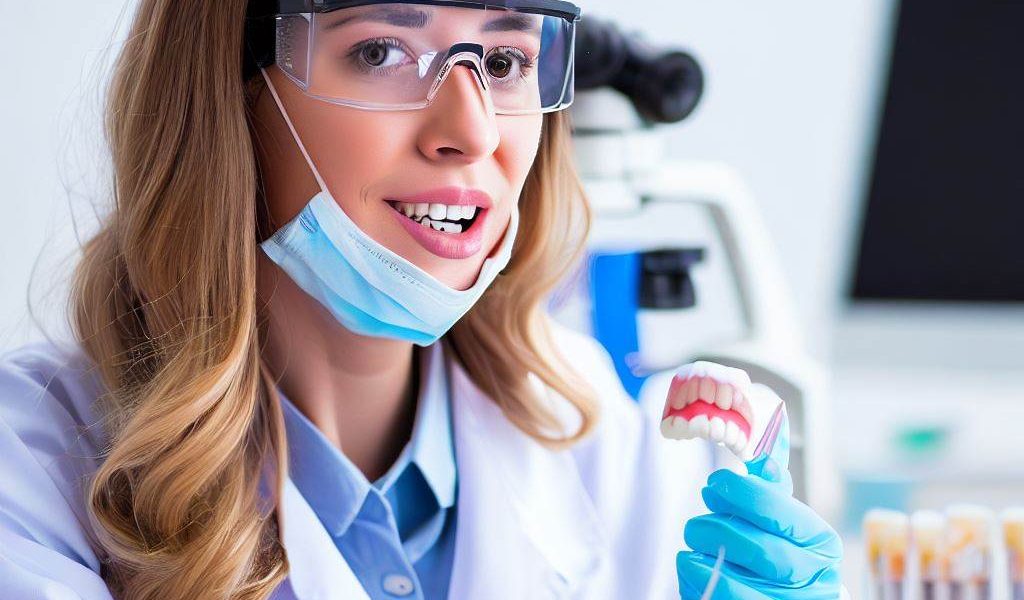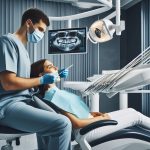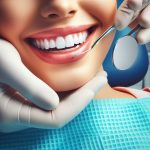Recent research findings published in the Journal of Dentistry provide limited substantiation for the genetic predisposition of dental caries.
This comprehensive examination sought to gauge the concurrence of dental caries occurrences within monozygotic (MZ) and dizygotic (DZ) twins.
Conducted systematically, this review encompassed the exploration of databases such as Embase, MEDLINE-PubMed, Scopus, Web of Science, and diligent perusal of the grey literature in Google Scholar® and Opengray. Inclusion criteria consisted of observational studies examining dental caries in twins. Evaluation of potential bias employed the Joanna Briggs checklist. The synthesis of data culminated in meta-analyses to ascertain the pooled Odds Ratio, affording an estimate of agreement levels concerning dental caries incidence and DMF index amidst twin pairs (p < 0.05). In gauging the reliability of the evidence, the GRADE scale was judiciously applied.
A staggering 2533 studies were uncovered, out of which a mere 19 were deemed suitable for qualitative analysis, with a mere six meriting inclusion in the quantitative synthesis. Two separate meta-analyses were conducted. The majority of studies implied an association between genetics and disease development. In the scrutiny of bias risk, 47.4% demonstrated a moderate level of susceptibility. A significantly higher concurrence of dental caries experience was observed in MZ twins compared to DZ twins in both dental arches (OR: 5.94; 95% CI: 2.00–17.57). However, the comparison of DMF index concurrence between MZ and DZ twin groups yielded no significant difference (OR: 2.86; 95% CI: 0.25–32.79). The evidence’s reliability was adjudged to be low and, in some cases, very low for all studies integrated into the meta-analyses.
Given the paucity of conclusive evidence, it appears that the genetic factor may exert influence over the concurrence of caries experiences.
A nuanced comprehension of genetic influence on the ailment bears the potential to underpin future research endeavors, fostering biotechnological approaches to prevention and treatment while guiding the trajectory of gene therapy-focused investigations aimed at averting the onset of dental caries.





